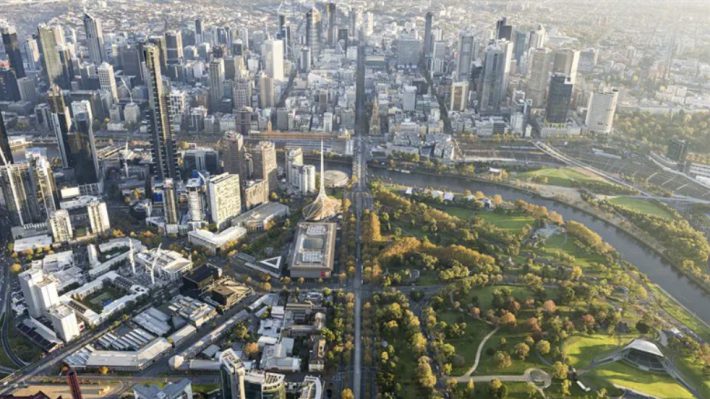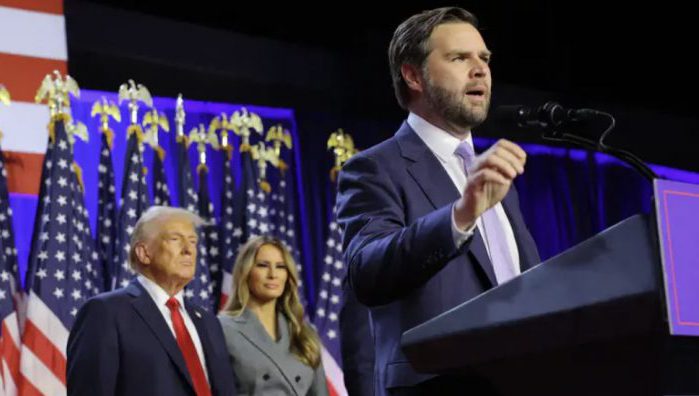Parashat Re’eh begins with the words: “רְאֵה אָנֹכִי נֹתֵן לִפְנֵיכֶם הַיּוֹם בְּרָכָה וּקְלָלָה” “See, I place before you today blessing and curse.”
Rabbi Yonason Johnson is Director of the Maor Centre, Melbourne Australia
The Rambam, in his Laws of Teshuvah, cites this very verse as the Torah’s declaration of free choice. Hashem does not compel us. The decision between good and evil, right and wrong, rests fully in our own hands.
Curiously, the Torah does not say “I have placed before you good and evil,” but rather “blessing and curse.” This teaches that choices are never neutral. Every action carries consequence — a ripple of blessing or curse that we must live with.
Singular and Plural: A Personal and Collective Responsibility
Commentators note the shift in grammar: “Re’eh” (see) is singular, while “lifneichem” (before you) is plural. Moshe addressed millions, yet he spoke to each Jew individually — just as Hashem said at Sinai: “I am Hashem, your (singular) G-d.” Each person must feel personally addressed, yet must also recognize that their actions impact the entire community.
The Ohr HaChaim explains that the word “Anochi” (I) stands in between. In Devarim, Moshe often speaks in first person. But mystically, the Zohar reveals that every Jew carries a spark of Moshe’s soul. Thus, “Re’eh Anochi” — See the Moshe within you. That divine spark, our neshama, is a fragment of Hashem’s very essence. It empowers us to choose rightly even when the world blurs the lines between good and evil.
The Kli Yakar links the plural form to the Gemara in Kiddushin: a person must see the world as equally balanced between merit and sin, where a single mitzvah can tip the scales for all of creation. Our choices do not remain private. They reverberate outward, shaping families, communities, nations — even the destiny of the world.
The Message for Our Times
This Torah truth is painfully relevant today. In Australia, we witnessed the government cancel the visa of a democratically elected Israeli MK, branding him a danger to peace — while allowing extremists to march with flags of terror, chant “Death to the IDF,” and intimidate Jews in our own streets.
Leaders claim “the Middle East is complicated.” But our Parasha teaches otherwise: it is not complicated. Good and evil are not shades of grey — they are binary. Every human being has a G-d-given conscience that recognizes truth from falsehood, righteousness from wickedness.
When governments choose wrongly, their decisions unleash consequences far beyond foreign policy. They embolden hatred, inflame antisemitism, and endanger their own citizens. These are not abstract debates; they affect the safety of our neighborhoods.
And yet, the Torah emphasizes: “I place before you today.” Every day offers a new chance to choose differently. Past mistakes need not define the future. Just as bad decisions have harmed us all, so too can courageous decisions bring blessing — if leaders listen to their inner moral compass and stand unflinchingly on the side of right.
A Call to Choose Life
Parashat Re’eh calls on each of us — and especially our leaders — to see clearly: choices matter. A single act can tip the scales toward blessing for an entire nation. By choosing truth, justice, and moral clarity, we can transform curses into blessings and open the path toward redemption, peace, and security for all of Australia — and ultimately, the entire world.





